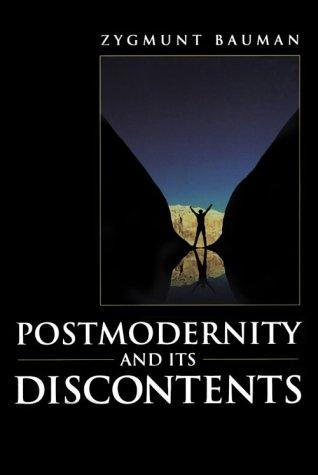The universal deregulation – the unquestionable and unqualified priority awarded to the irrationality and moral blindness of market competition, the unbound freedom granted to capital and finance at the expense of all other freedoms, the tearing up of the socially woven and societally maintained safety nets, and the disavowal of all but economic reasons, gave a new push to the relentless process of polarization, once halted (only temporarily, as it now transpires) by the legal frameworks of the welfare state, trade union bargaining rights, labour legislation, and – on a global scale (though in this case much less convincingly) – by the initial effects of world agencies charged with the redistribution of capital. Inequality – inter-continental, inter-state, and most seminally the inner-societal (regardless of the level of the GNP boasted or bewailed by the country) reaches once more proportions which the yesteryear world confident of its ability to self-regulate and self-correct seemed to have left behind once for all.

